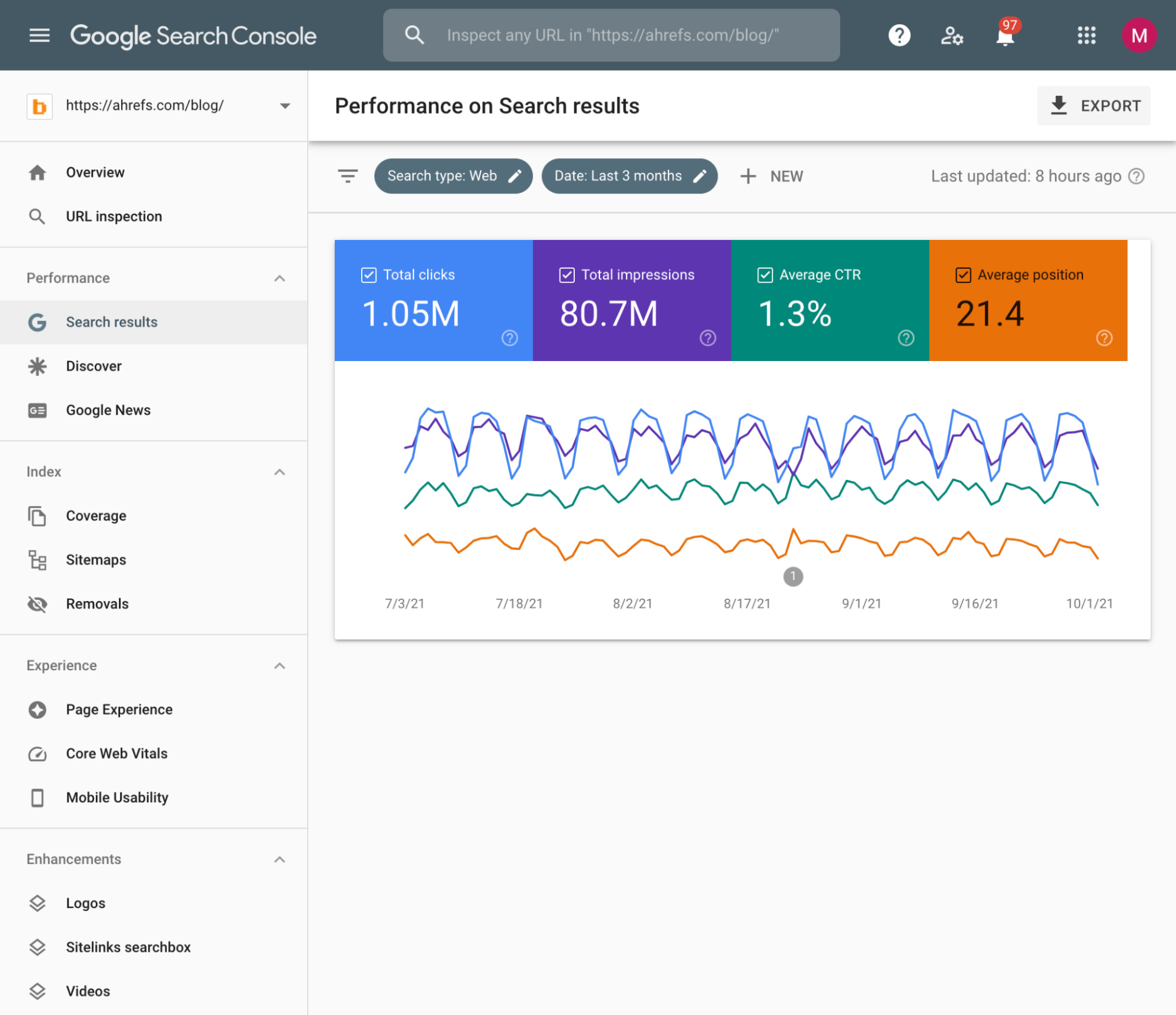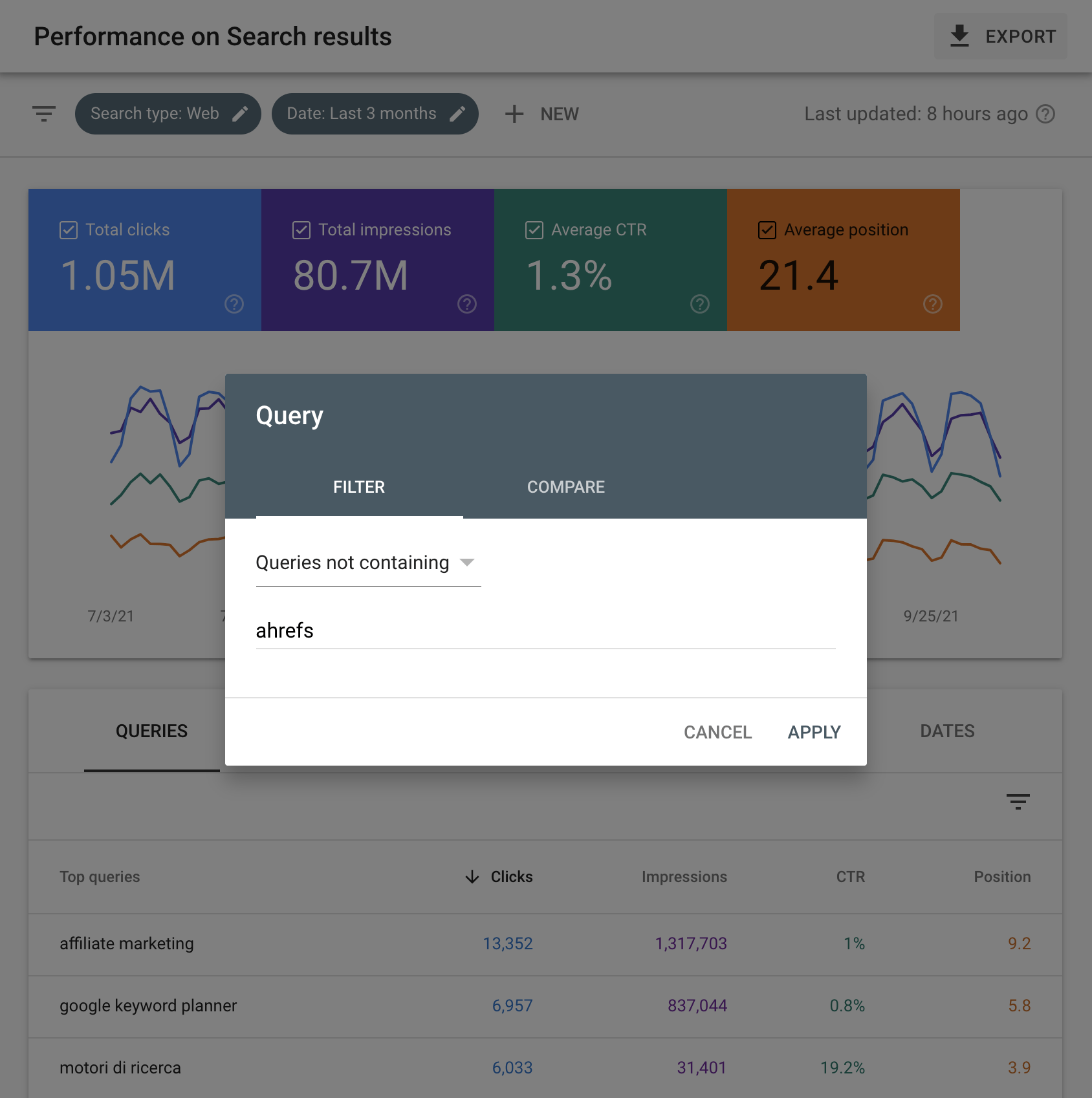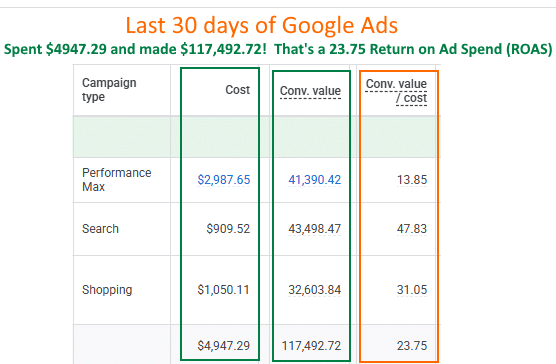Paying attention to certain SEO metrics will help you decide whether your SEO strategy is working or not. Instead of focusing on “vanity metrics” such as total impressions or average time on page and inaccurate metrics like bounce rate and exit rate, it’s important to monitor SEO metrics that will lead to better decision-making. In order to see if you have any technical errors on your website, you should regularly track your website health for any indexing issues or Core Web Vital Metrics that could be improved. In order to learn whether your SEO strategy is working or not, it’s important to check your organic traffic over time, search visibility, and keyword rankings every once in a while. In order to learn whether people find your website useful or not, check on your conversions and referring domains. Collecting referring domains could also be an indicator of whether your SEO strategy is working or not if backlinks are part of it. If you have any questions about your SEO strategy or want us to handle it for you, reach out to us at Prebuilt Sites or The BBS Agency. We’d love to help you out!
But how do you know which are which? You’ll find the answers here.
We’ll go through the following 10 SEO metrics worth tracking:
- Organic traffic
- Keyword rankings
- Search visibility
- Traffic value
- Organic traffic conversions
- Referring domains
- Indexed pages
- Index coverage errors
- Core Web Vitals
- Website health
Followed by these four metrics that are popular but actually don’t matter:
In the end, you’ll understand what really reflects your SEO efforts and how.
10 SEO metrics worth tracking
If you ask SEOs what data they look at the most, it’s likely organic traffic. Duh, that’s a no-brainer. However, it’s not an indicator of SEO success without more context in most cases.
In fact, you should never rely on a single number without knowing what’s behind it. So let’s tackle the intricacies of organic traffic first.
1. Organic traffic
Organic traffic represents all non-paid clicks that come from search engines.
Why it’s useful
If your organic traffic is trending upwards, that could be a sign that your SEO efforts are paying off. However, keep in mind that more organic traffic doesn’t necessarily mean more sales unless you monetize your website traffic by displaying ads.
How to track it
The Performance tab in Google Search Console is going to give you the most accurate view of your organic traffic over time:

Photo: Ahrefs
If you’re an established brand, it’s worth applying a query filter to exclude branded traffic for a more accurate view of your SEO performance:

Photo: Ahrefs
If you don’t use Search Console (you should!), you can get a rough estimate for free using Site Explorer in Ahrefs Webmaster Tools (AWT):

Photo: Ahrefs
2. Keyword rankings
Keyword rankings refer to a website’s organic ranking positions in the search results for particular keywords.
Why it’s useful
You care about ranking well for some keywords more than others. Generally speaking, the more relevant the keyword is to your product and business, the more valuable it is for you to rank well for it.
Tracking your keyword rankings allows you to monitor your SEO performance for your most important keywords over time.
How to track it
For the most precise results, get a third-party rank tracking tool like Ahrefs’ Rank Tracker. Set up a project for your website, paste a bunch of keywords you want to track your rankings for, and you’re good to go.
![]()
Photo: Ahrefs
You can get regular email alerts about the progress of your tracked keywords or just check the Rank




